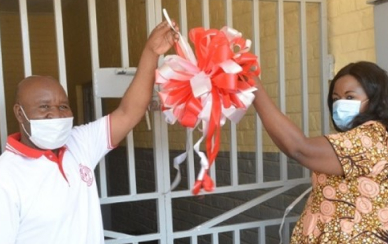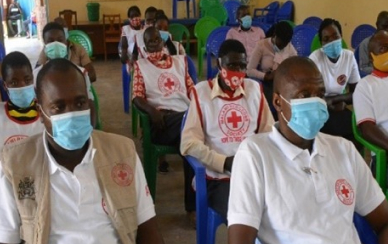Malawi Projects
Agricultural Transformation Initiative (ATI) is driving change in Malawi.
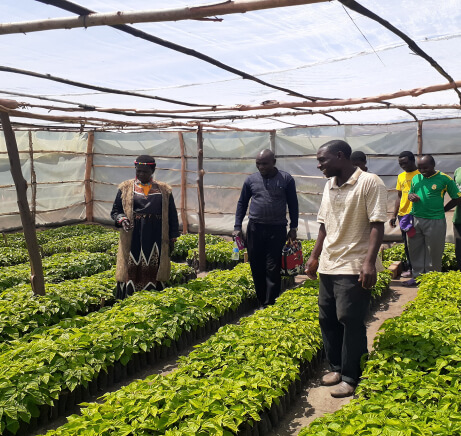
Centre for Agricultural Transformation
The Centre for Agricultural Transformation (CAT) is a hub designed to diversify Malawian agriculture and inclusively ease reliance on the tobacco value chain through awareness, deployment, and commercialization of demand- and data-driven research, innovations, technologies, and partnerships. The CAT initiative made significant progress in 2020 through a number of programs, including:
23
Commercial companies who signed up as partners to showcase their products, technologies, and innovations.
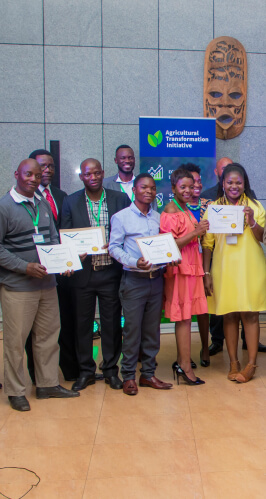
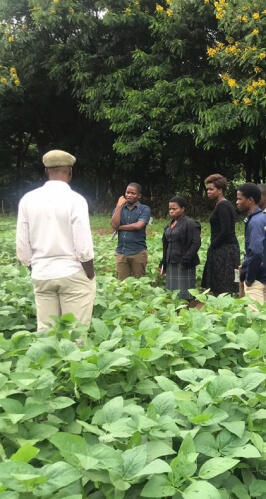

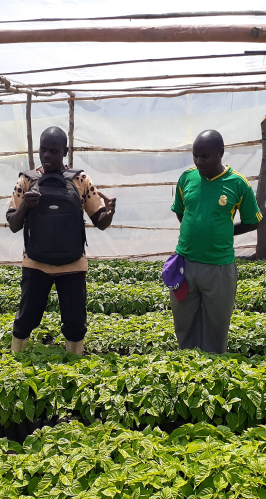
Through a competitive process, the Business and Incubation (BIC) cohort of the CAT selected 18 small and medium enterprises in the agriculture sector that will help identify alternative value chains to support smallholder farmer diversification and the creation of markets.
18
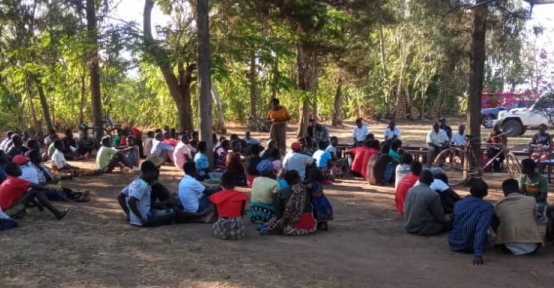
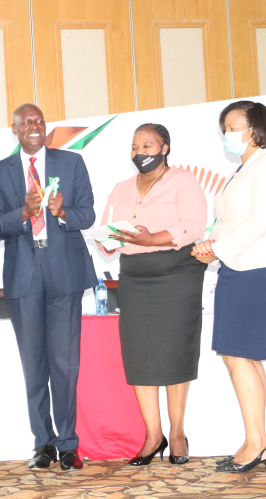
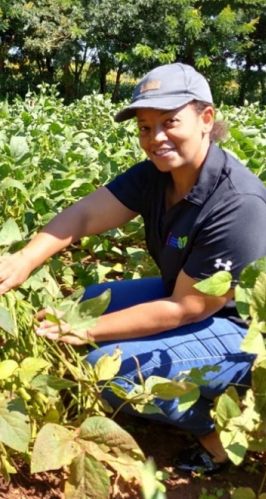
MwAPATA Institute
The Malawi Agriculture Policy Advancement and Transformation Agenda (MwAPATA) Institute launched with the support of a Foundation grant with Michigan State University (MSU). This policy research will assist smallholder farmers to diversify their production through science-based policy reform. MSU and its partners―the MwAPATA Institute, the National Planning Institute, ORG, and Purdue University―have produced a number of research papers and briefs. The papers include five thought pieces developed in partnership with the National Planning Commission. These publications have directly contributed to the creation of the successor to Vision 2020 for Malawi, called Malawi 2063.
Technology-enhanced Finance and Training Extension Pilot
A pilot program spearheaded by Opportunity International allowed them to refine the systems and procedures required to set up Farm Service Agent networks with new partners in Malawi. A total of 10,228 farmers and 75 farmer clubs participated in the pilot project during the 2019-2020 growing season. The Agent networks continued beyond the pilot period and onboarded additional farmer clubs for the 2020-2021 growing season. Additionally, First Capital Bank approved the expansion of financing for soy and groundnut inputs for pilot farmers.
75
Farmer clubs participated in the pilot project
10,228
Farmers participated in the pilot project
Rebuilding Livelihoods Through Agriculture Recovery
The Farmers Union of Malawi (FUM) recovery program from Cyclone Idai has ended, resulting in 57 hectares of new and rehabilitated, irrigated agricultural lands. Irrigation will expand farm production from a single, rain-fed season to over two growing seasons per year. The increased income will permit farmers to use a revolving fund loan to finance input purchases and aid in their diversification efforts, promoting sustainable agricultural and nutritional alternatives for tobacco farmers. As part of FUM’s final recovery program deliverable, these improvements were formally handed over to the communities. The improvements highlighted the impact irrigation can have in helping farmers achieve their diversification agenda.
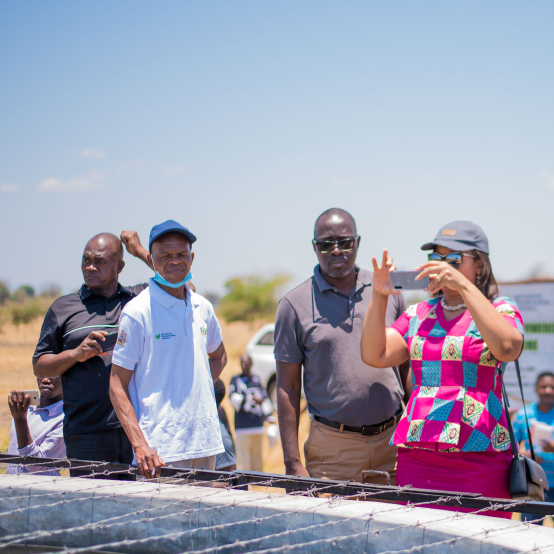
COVID-19
- Supporting the establishment of Emergency Treatment Units at Mzimba and Mangochi District Hospitals. Basic equipment and supplies were provided, such as personal protective equipment, and capacity-building efforts were launched to help health care workers and volunteers.
- ATI also partnered with NASFAM and Zodiak Broadcasting Corporation to enhance awareness of COVID-19 and to encourage farming communities to practice all recommended preventive measures. The programming reached more than 1.5 million listeners.
